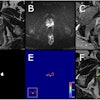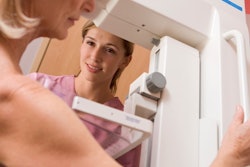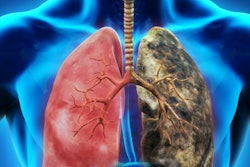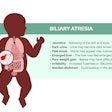Dear AuntMinnieEurope Member,
In today's era of instant messaging and textspeak, has letter writing become a dying art? Possibly yes, but the U.K. Royal College of Radiologists (RCR) is determined not to accept the situation.
The RCR has just issued a document that contains practical suggestions and advice for letter writing, and you can download it free of charge. Find out more in our news report.
An important study published on Monday contained a few surprises about the take-up of cancer screening in England among women in their early 60s. It's fair to say there's plenty of scope for improvement, as our article underlines. Go to the Women's Imaging Community.
Meanwhile, investigators have developed an artificial intelligence (AI) algorithm that was able to screen for aortic dissection and rupture on CT angiography scans with high accuracy. This initiative has improved triage efficiency for the conditions prior to radiologist review. Head to the CT Community.
In other news, a French team has combined contrast-enhanced anatomic assessments of MRI with the quantitative measurement of FDG uptake in PET to accurately characterize and differentiate between inflammation and fibrosis in the aortic walls and auxiliary branches of patients with large-vessel vasculitis.
Also in the Molecular Imaging Community, PET imaging with gallium-68 (Ga-68) prostate-specific membrane antigen (PSMA) radiopharmaceuticals continues to contribute to the detection and assessment of prostate cancer. Researchers from Zurich have found that patients can benefit from Ga-68 PSMA with PET/MRI or multiparametric MRI alone to diagnose specific features of their disease through better sensitivity, especially when determining tumor cell spread beyond the lymph node capsule or when prostate cancer extends into the seminal vesicles.
Last but not least, extra training in FDG-PET/CT to monitor concurrent chemotherapy for patients with stage III non-small cell lung cancer can significantly extend both overall and progression-free survival. This conclusion comes from a multicenter trial that targeted seven low- and middle-income countries to assess the efficacy of FDG-PET/CT guidance during cancer treatment.



















